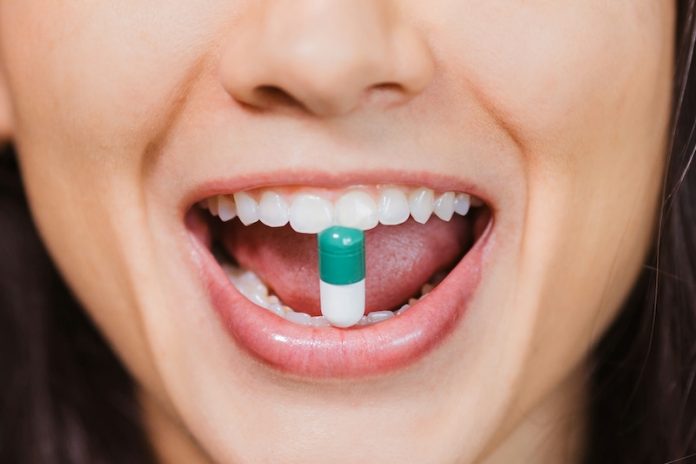
Vitamin D is well-known for supporting strong bones and a healthy immune system, but new research suggests it could also play an important role in managing inflammation in people with inflammatory bowel disease (IBD).
A recent study published in the journal Medicine, led by Dr. Antonia Topalova-Dimitrova at the University Hospital St. Ivan Rilski and the Medical University in Sofia, Bulgaria, has found a strong link between low vitamin D levels and higher inflammation in people living with IBD — including Crohn’s disease (CD) and ulcerative colitis (UC).
These are chronic conditions that affect the digestive tract and cause ongoing discomfort, diarrhea, and other serious complications.
What the Study Looked At
The researchers compared 92 people with IBD to 14 healthy individuals, looking at blood levels of vitamin D as well as markers of inflammation. Their findings revealed that people with IBD had significantly lower vitamin D levels — averaging 16 ng/mL — compared to 26 ng/mL in the healthy control group.
More than 98% of the IBD patients had either low or deficient vitamin D levels. In fact, about one-third had a clear deficiency, and two-thirds had levels considered too low to be healthy. By contrast, over one-third of the healthy participants had normal vitamin D levels.
Vitamin D and Inflammation
The study found a clear trend: as vitamin D levels dropped, levels of inflammation rose. This was seen in increased white blood cell counts and higher levels of CRP-C, a protein linked to inflammation. These findings suggest that low vitamin D might play a role in worsening gut inflammation or may at least be a signal of more severe disease.
However, it’s important to note that this study was observational. That means it only shows a link — it doesn’t prove that low vitamin D causes inflammation or IBD flare-ups. Still, the connection is strong enough to raise important questions about whether boosting vitamin D could help manage the disease more effectively.
Why This Matters for People with IBD
People with IBD already face a higher risk of vitamin D deficiency. The condition can make it harder for the body to absorb nutrients, and some patients may avoid the sun due to fatigue, medication side effects, or other health concerns. Unfortunately, this lack of vitamin D may lead to worse health outcomes.
Low vitamin D has been linked to:
- A higher chance of IBD symptoms returning (relapse)
- Slower response to treatments like biologic drugs
- Greater likelihood of needing surgery
What Can Be Done?
While more research is needed to understand exactly how vitamin D affects IBD, these findings suggest that checking and managing vitamin D levels could be a helpful part of a treatment plan. This might include:
- Dietary changes: Eating foods rich in vitamin D, such as fatty fish, eggs, and fortified dairy products.
- Sunlight exposure: Safely spending time in the sun, if possible.
- Supplements: Taking vitamin D in tablet or liquid form, especially in cases of deficiency.
It’s always important to talk with a healthcare provider before starting supplements, as too much vitamin D can also cause health problems.
The Bigger Picture
This study adds to growing evidence that vitamin D isn’t just about bones — it’s a key part of overall health, including gut and immune function. For people with chronic conditions like IBD, keeping vitamin D levels in check could help improve outcomes and reduce inflammation.
As researchers continue to explore how nutrition affects disease, studies like this highlight the potential of simple, safe tools — like vitamins — to complement more advanced medical treatments. For now, the message is clear: if you have IBD, talk to your doctor about checking your vitamin D levels. It could be a small step that makes a big difference.
If you care about gut health, please read studies about how junk food harms your gut health, and how probiotics can protect gut health.
For more information about health, please see recent studies about how fiber affects weight loss and your overall health, and results showing why a glass of red wine is good for your gut.
Copyright © 2025 Knowridge Science Report. All rights reserved.



